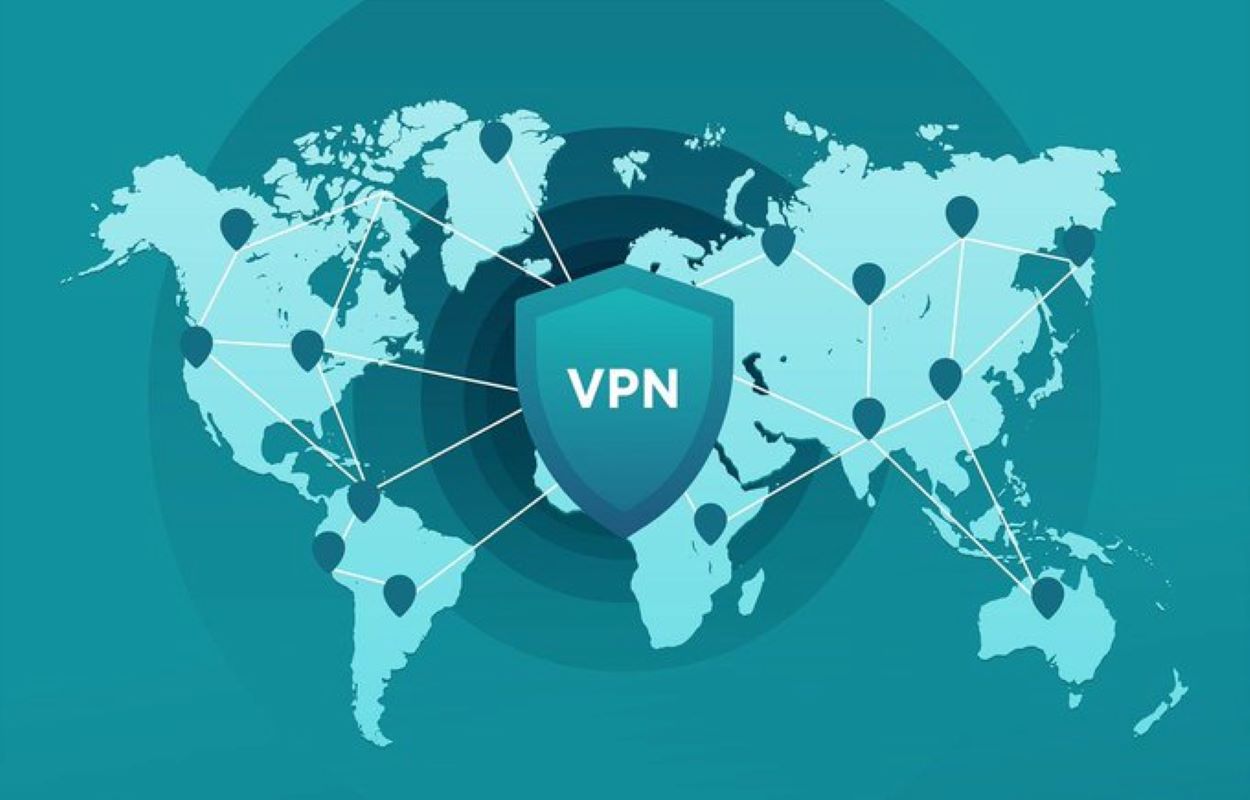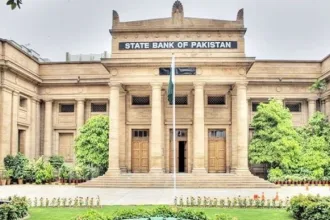The Pakistan Telecommunication Authority (PTA) has reported a significant surge in the usage of Virtual Private Networks (VPNs) during internet disruptions, contributing to slower internet speeds across Pakistan. According to the report, reliance on VPNs substantially strains the nation’s internet infrastructure by bypassing local content delivery networks (CDNs), facilitating 70% of internet traffic.
The report highlights that VPNs reroute traffic to international servers, avoiding local CDNs. This redirection burdens bandwidth and incurs economic losses through increased foreign exchange use. The report details that VPN usage costs about $1 per megabyte.
Read: We stand firm on not banning VPNs in Pakistan: PTA Chairman
Findings indicate that VPN bandwidth utilization reached highs of 634 Gbps in August, declining to 378 Gbps in November, with a stabilization at 437 Gbps in December following infrastructure improvements.
The PTA emphasizes the urgent need for a comprehensive strategy to manage VPN usage and bolster local internet infrastructure to mitigate economic and operational consequences.
Challenges like slow download speeds on platforms like WhatsApp and frequent service disruptions have been prevalent. Digital analysts suggest these issues stem from governmental tests of a “firewall” intended to monitor and potentially block specific online content. The government is reportedly enhancing a “web management system” to improve cybersecurity measures.
Read: PTA Resumes VPN Service Registration with New Licensing Fees
Moreover, Pakistan experienced the highest global financial losses from internet and social media disruptions last year, totalling $1.62 billion. In the OKLA Internet Speed Test report, Pakistan was ranked 100th among 111 nations for mobile internet speed and 141st out of 158 for broadband.
During a Public-Private Dialogue, Mohammad Yasin, Senior Advisor Emeritus at the Sustainable Development Policy Institute, noted that slow speeds and frequent disruptions significantly affect businesses, education, healthcare, and governance.






